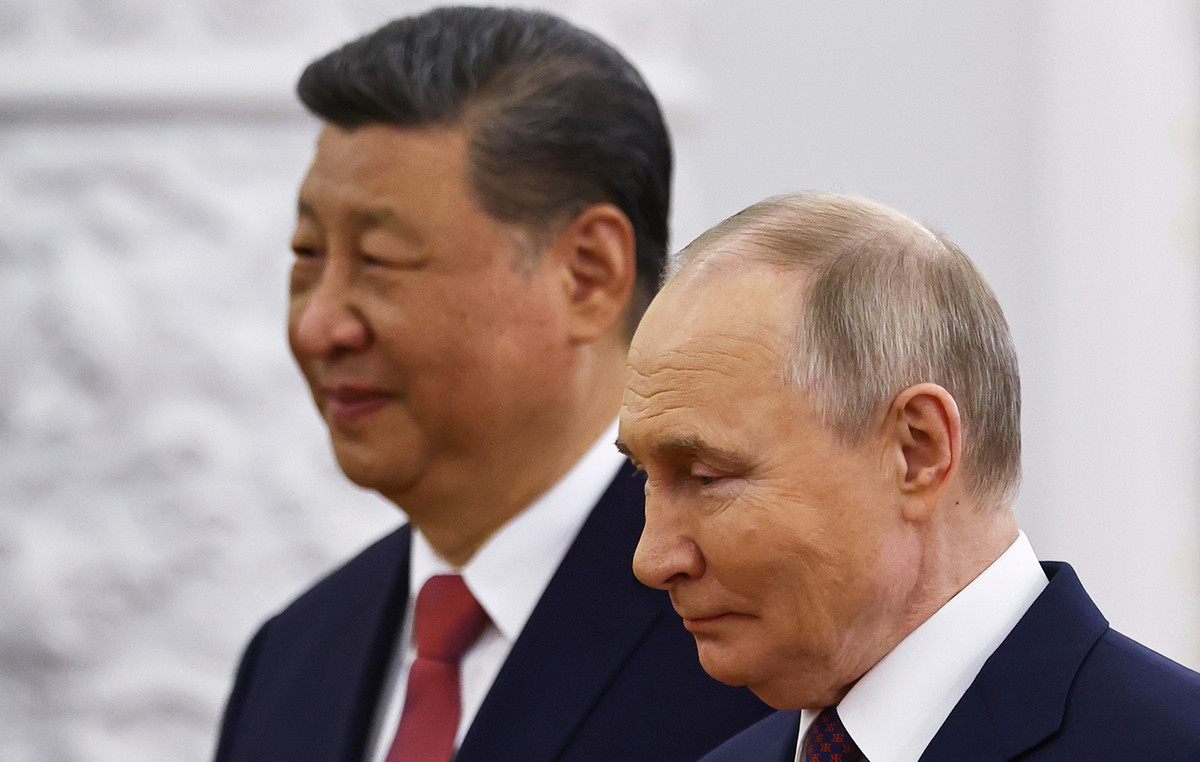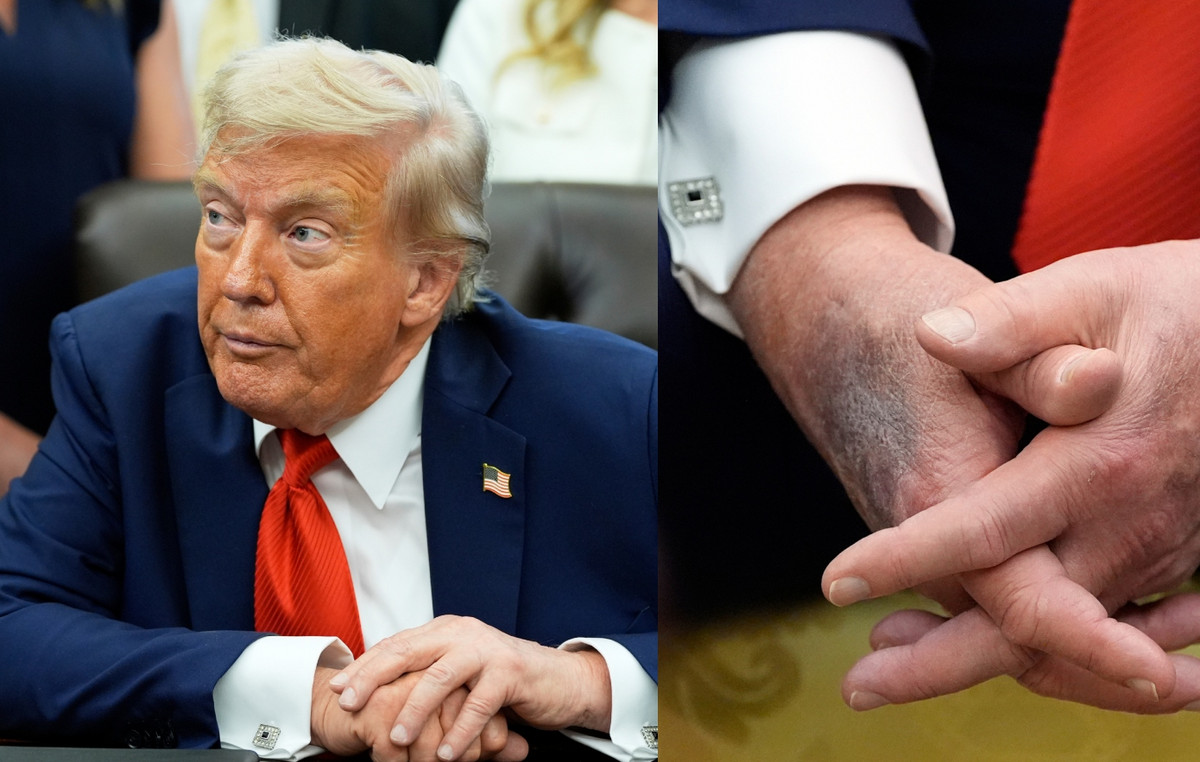The end of the relationship between Giorgia Meloni and Andrea Giambruno is sparking a national debate, including satire, memes, unlikely theses and political analyses.
In addition to the issue linked to the journalist’s harassing and sexist behavior towards his colleagues, what stands out is the breakdown of the traditional family image which has always represented the Premier’s strong point. At this moment, however, we must ask ourselves how much Giorgia Meloni’s choice to communicate the end of the relationship – with a post on social media in which she says bluntly that the relationship “ends here” – concerns a private aspect of her life, and how much it is a public fact, which we can and must talk about.
What is the boundary between public and private when you are Prime Minister? Can it really be tracked? Are your personal events always political too?
What does “the personal is political” mean?
In 1969, activist Carol Hanisch wrote an article in which she stressed that “the personal is political,” entering into a very hot debate on the Left in the United States at the time. The tendency, in fact, was to separate what was truly “political” (for example economic and trade union demands) from what was only “personal”, that is, all those aspects of life that women talked about in self-consciousness groups.
The fact that the family work was all their responsibility, for example, and that their husbands treated them as inferiors or as slaves, rather than as true partners. Many members of the Left maintained that these were marginal issues compared to the truly important ones. Hanisch, on the contrary, claimed the political nature of discussions on women’s daily problems, because they allowed them not to feel alone and, on the contrary, to understand that those individual problems were in reality systemic issues of violence and discrimination. Through those groups, women were becoming aware of their oppression and deciding that they would no longer accept it as a fact of nature.
For Meloni the personal has never been political
If this is what it means to say that “the personal is political”, we can therefore say that Giorgia Meloni has always done the opposite: the staff has always been kept at a distance from her political vision. Yet, she has chosen several times to talk about her mother’s commitment to raising her and her sister alone after her father’s departure, and also her always difficult relationship with him (as she also recalled in the post in which she announced the end of the relationship with Giambruno). She has made public a long relationship from which a daughter was born, together with the fact that she does not want to get married. What has always seemed out of place in Meloni’s narrative of the traditional family as the cornerstone of society was precisely the fact that her life has always been less conservative than her politics.
Today, therefore, she is certainly not reproached for having severed her relationship with Giambruno – on the contrary, the firmness of this choice is attracting the sympathies of many progressive women for the first time – but for having wanted to propagandize an ideal that does not tell what relationships really are: imperfect, changeable, sometimes deeply disappointing. And that in the face of certain unjustifiable behaviors, relationships can be interrupted, because dragging them on only fuels more pain and more anger.
What remains of Giorgia Meloni’s personal and private life?
Nothing authorizes us, even today, to judge a relationship about which we ultimately know nothing: we really don’t know if it was already over and what happened between the two ex-partners in the last few hours, and we have no right to know. We can only imagine that what happened is very similar to what happens to many other relationships every day: they end for innumerable reasons, or simply because they distance themselves, or because one of the two turns out to be very different from what it seemed.
What we can say, however, is that what happened makes the need to talk about families outside of gender stereotypes even more evidentwho want women to tolerate every male abuse, and men to be victims of their own instincts that force them into chauvinist and harassing behaviour.
We therefore have no right to know anything more about this relationship that is ending, nor does Meloni have any duty to tell us anything, because to make the personal political it is not always necessary to expose to the world what happens at home. What is necessary, however, is that those who have a political and institutional role do not become judges of other people, but give everyone the opportunity to act freely and be happy. Even by putting an end to a relationship, without anyone feeling the right to judge.
Source: Vanity Fair
I’m Susan Karen, a professional writer and editor at World Stock Market. I specialize in Entertainment news, writing stories that keep readers informed on all the latest developments in the industry. With over five years of experience in creating engaging content and copywriting for various media outlets, I have grown to become an invaluable asset to any team.







